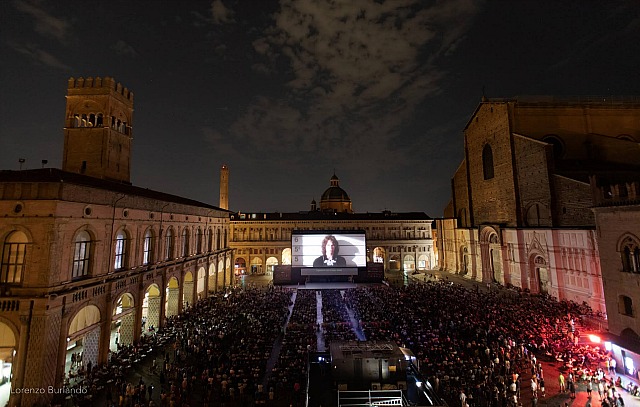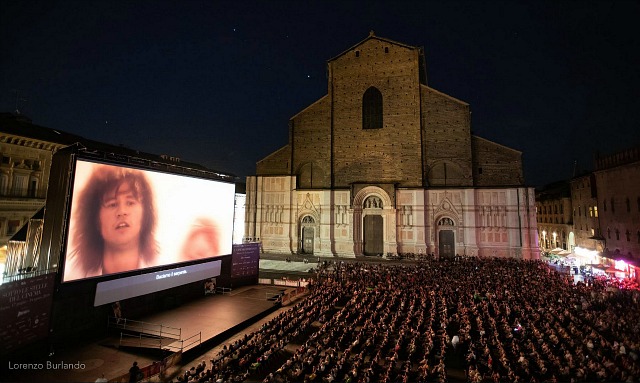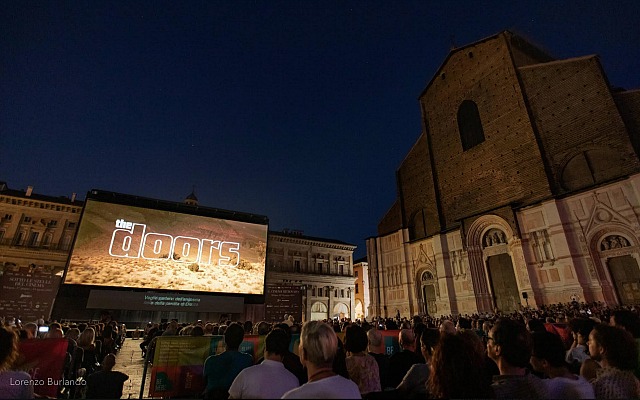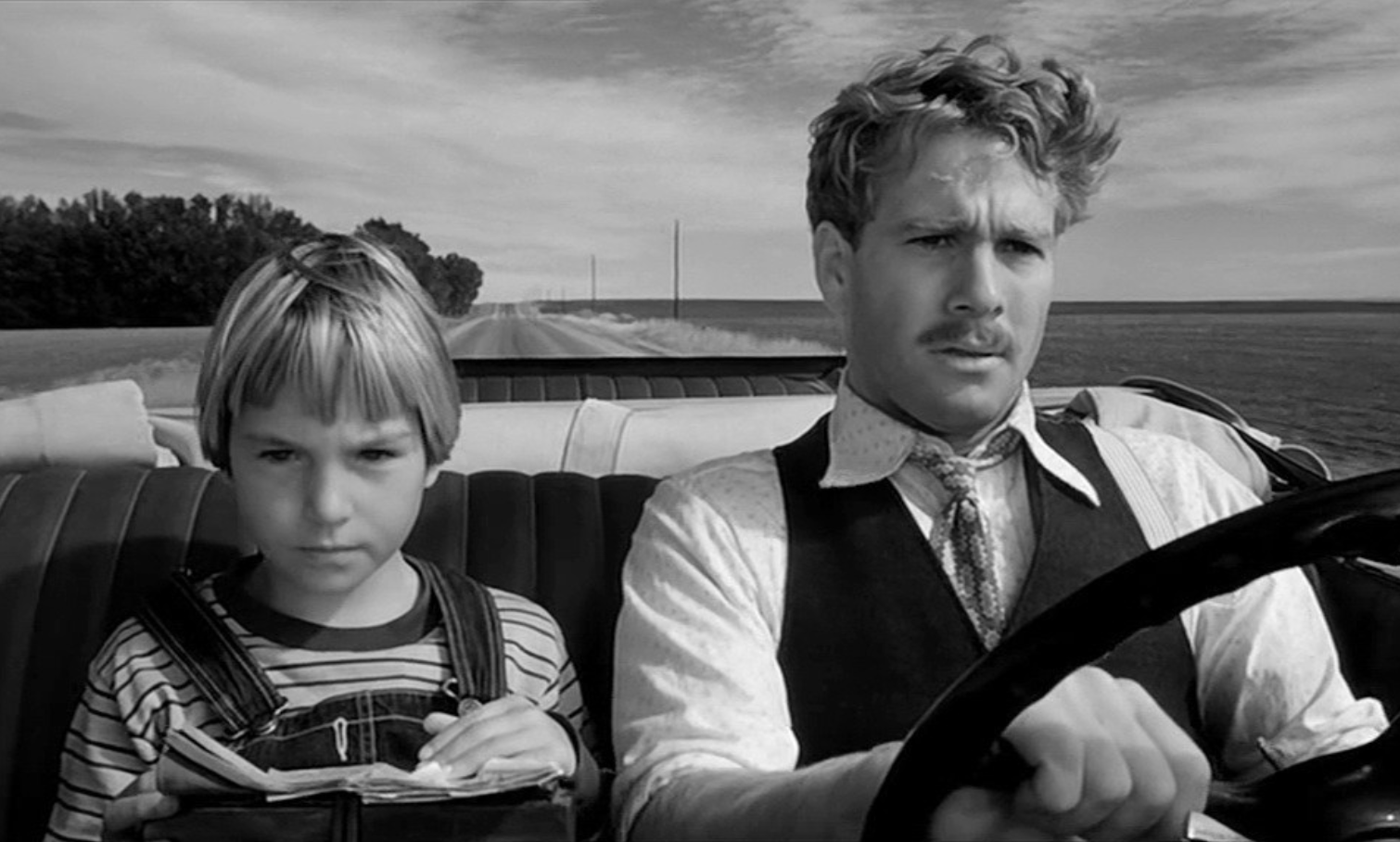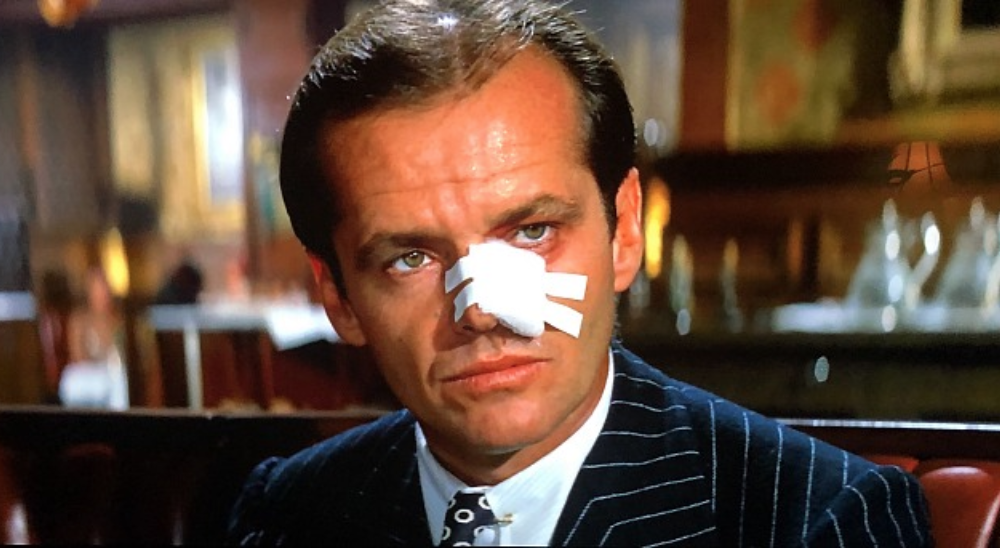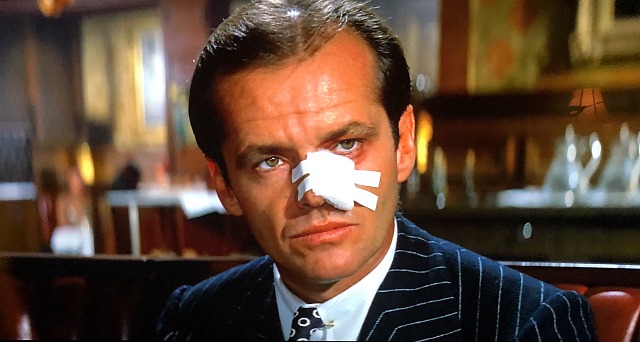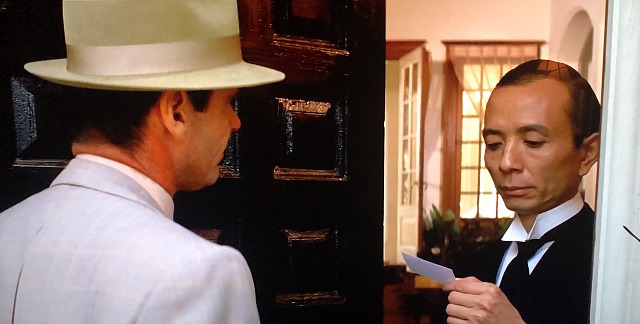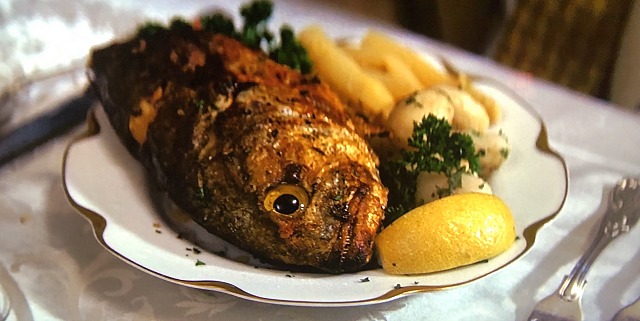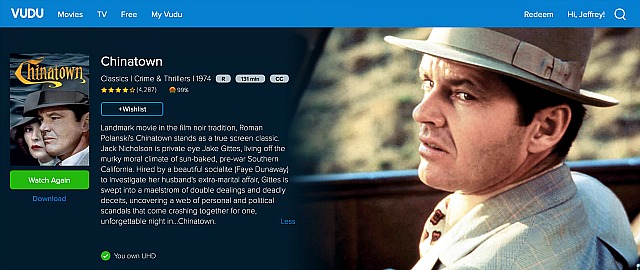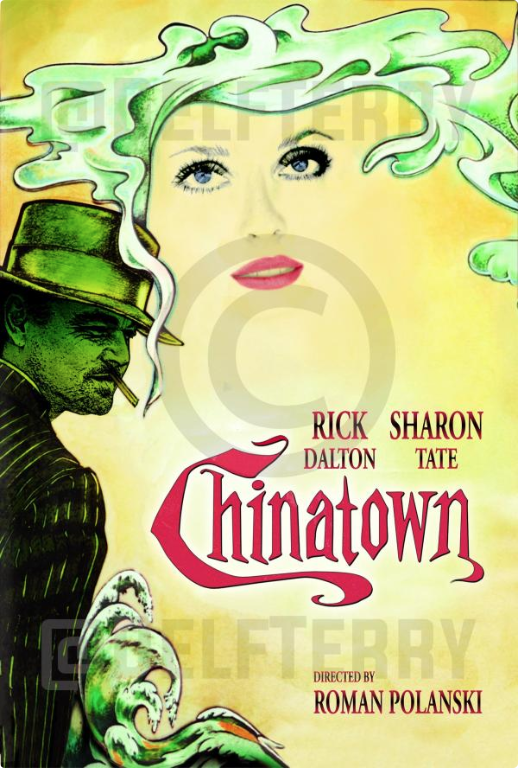In a review of Barbra Streisand‘s 8.3 Madison Square Garden concert, Variety‘s Ramin Setoodeh includes the following passage:
“Streisand soaked in all the love, and toasted the crowd too with a voice-preserving cup of tea: ‘May we all be as wonderful as our dogs think we are…my three are in my dressing room,’ she said of her beloved Miss Fanny, Miss Violet and Miss Scarlett.”
What was Streisand saying here? First, that none of us are as wonderful as our dogs think we are, but that we should nonetheless aspire to deserve that kind of love. And second, that on this often melancholy, sometimes lonely planet there are few things as emotionally soothing and caressing as being loved by our dogs, because their love is always full-hearted and unqualified by even a smidgen of judgment.
The love-worship we get from our dogs, in other words, isn’t tempered or mitigated by less-than-stellar-opinions of our character unless, you know, we treat them cruelly or indifferently. It isn’t affected, to put another way, by human perspective. Dogs never say “I love you for the most part, I guess, but the way you always leave bread crumbs on the kitchen counter is so infuriating, plus the fact that you can’t seem to get past your selfishness or your adolescent assholery or the unfortunate fact that you’re a financial miser”…none of that.
Dogs sense our antsy, conflicted vibes, yes, but they never withhold affection and are always radiating trust and optimism about our basic nature and in fact life itself, and that’s why they’re so dear to us.
A decade ago I got into trouble with the militant feminist crowd (Melissa Silverstein, et. al.) for voicing a similar remark about affection and dogs. I decided to phrase it in a needlessly provocative fashion (which was tactless of me), but it wasn’t that different from what Streisand said the other night.
In a 6.6.09 column called “Just Hot Enough,” I wrote that “life would be heavenly and rhapsodic if women had the personality and temperament of dogs — forever loyal, non-judgmental, constantly affectionate. But that’s a loser’s dream.”
The key words in that sentence were “a loser’s dream.” Which I took from The Band’s “Up on Cripple Creek,” to wit: “Up on Cripple Creek, she sends me / If I spring a leak, she mends me / I don’t have to speak, as she defends me / A drunkard’s dream if I ever did see one.”
It’s not in our genetic inheritance for adult women or men to offer dog-level affection. It’ll never happen. Human behavior and mores would never advance or refine if it did. Barbra Streisand understands this, obviously, but the kind of love that she gets from her canines melts her heart regardless, and so on a certain tucked-away level she probably wishes she was such a glowing and wonderful person that certain humans would offer the same kind of untempered affection. It’s absurd to even dream about, yes, but we’d love it if this could somehow manifest. Be honest.
That’s all I was saying ten years ago. That dog love isn’t in the cards, obviously, and that only losers would pine for this but that it’s privately blissful to dream about regardless. Naturally the Silverstein crowd interpreted this in the worst possible way. But that’s what they do.
